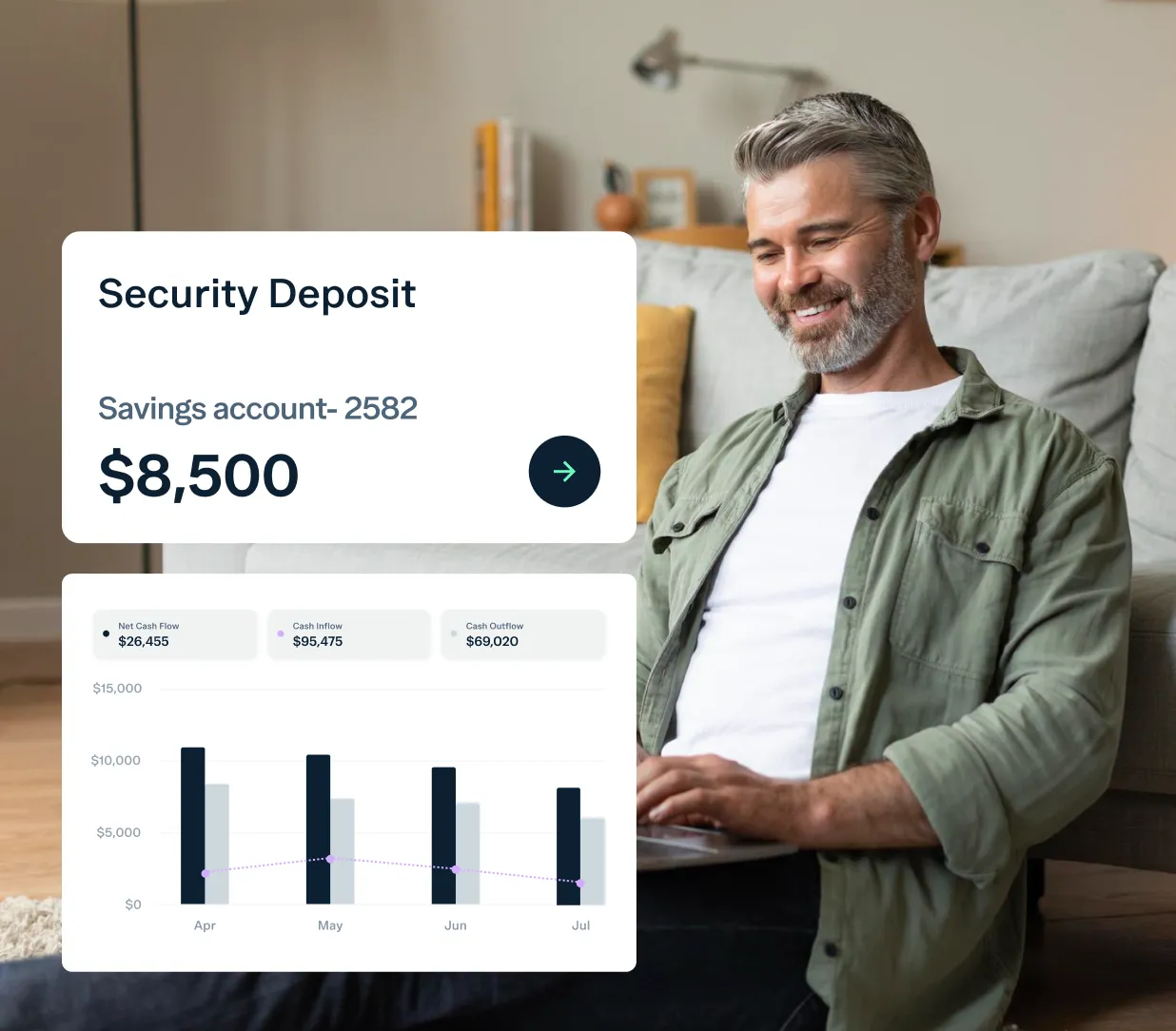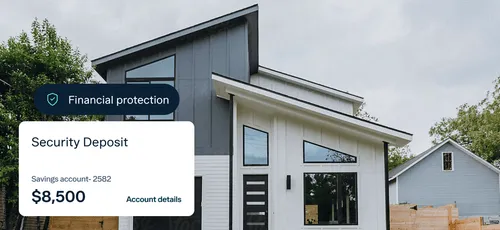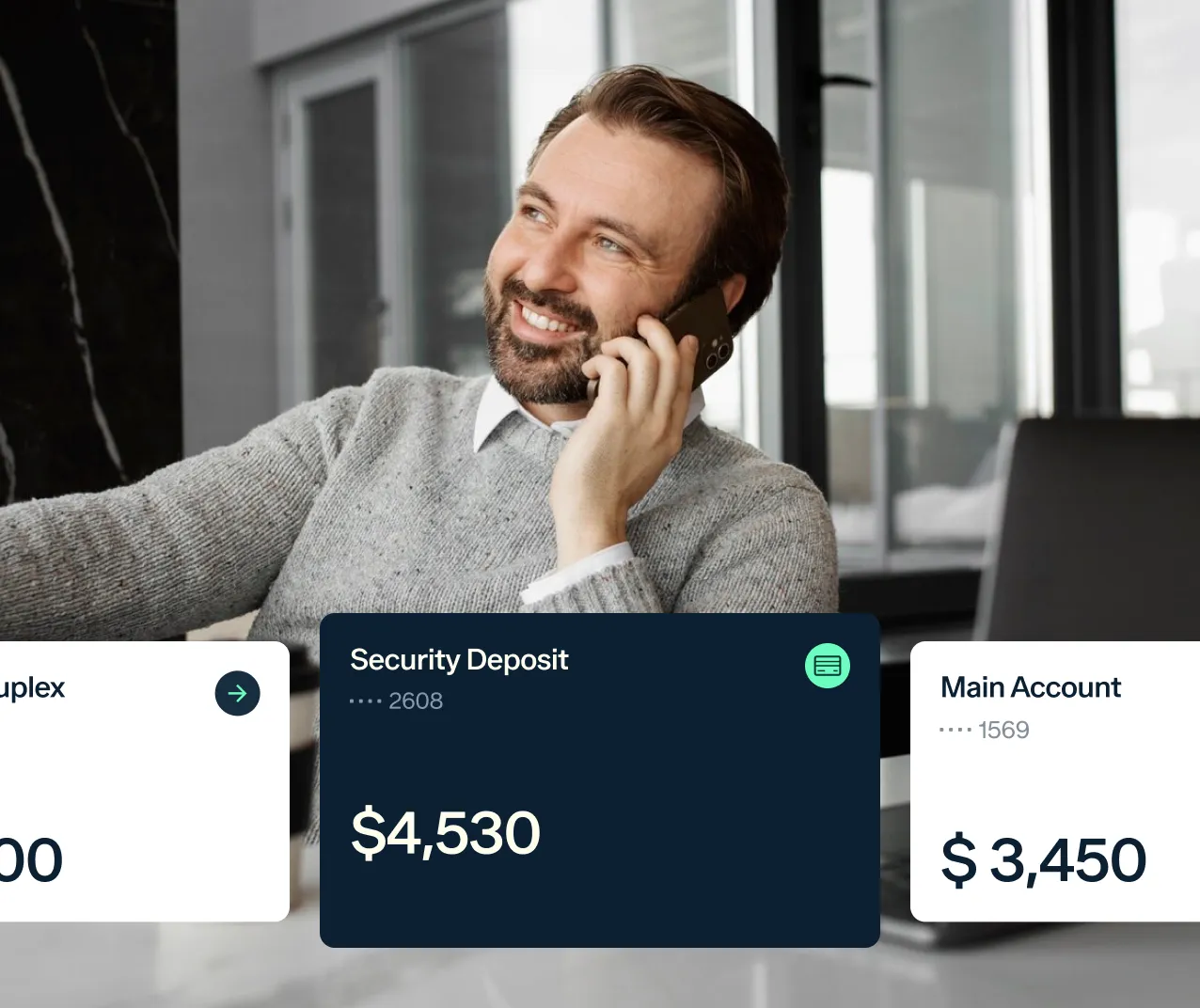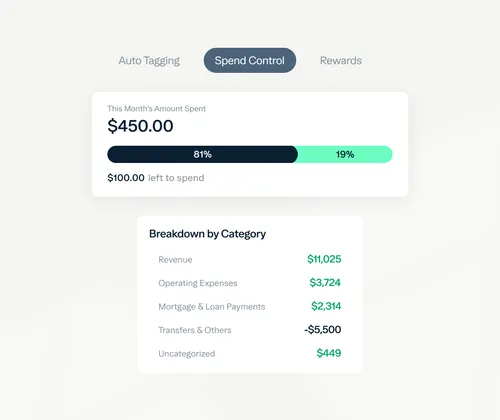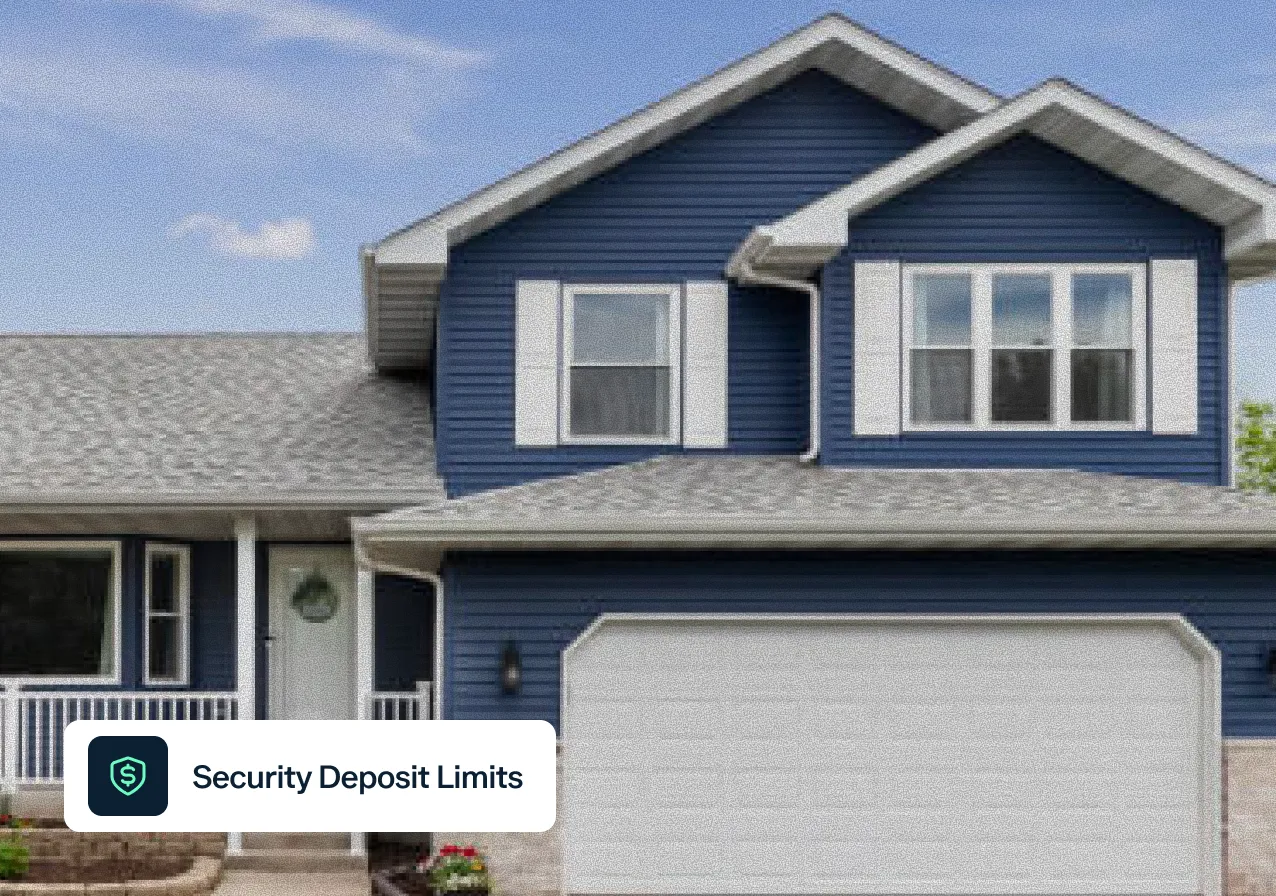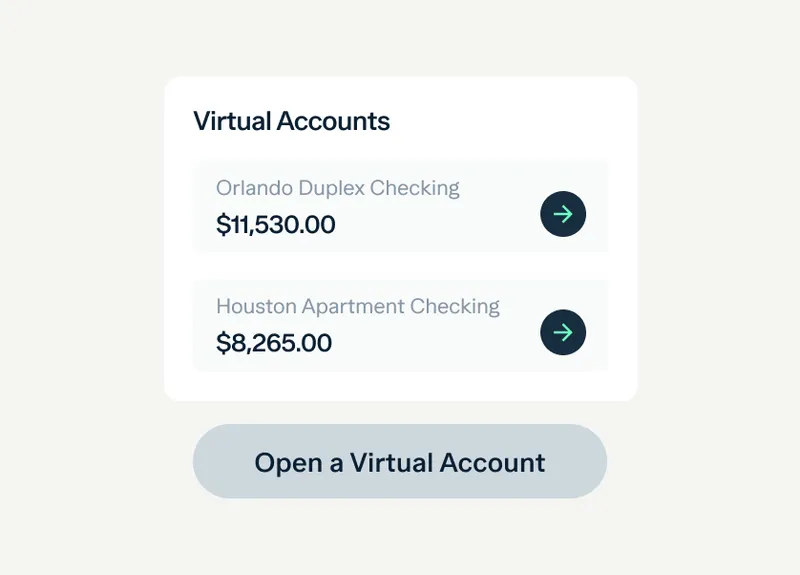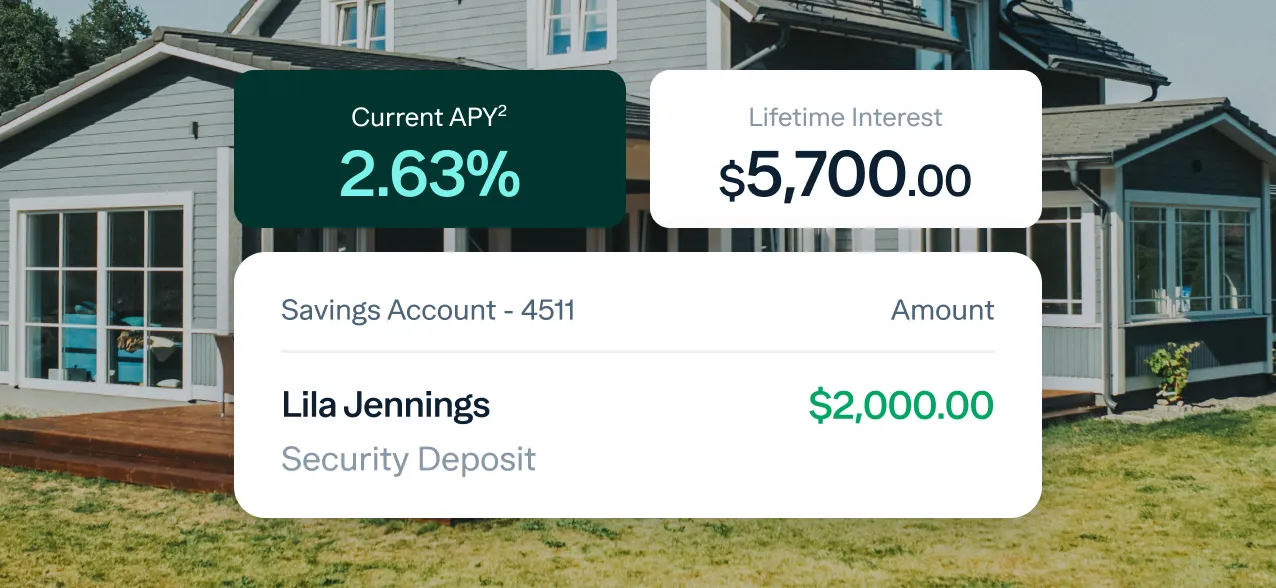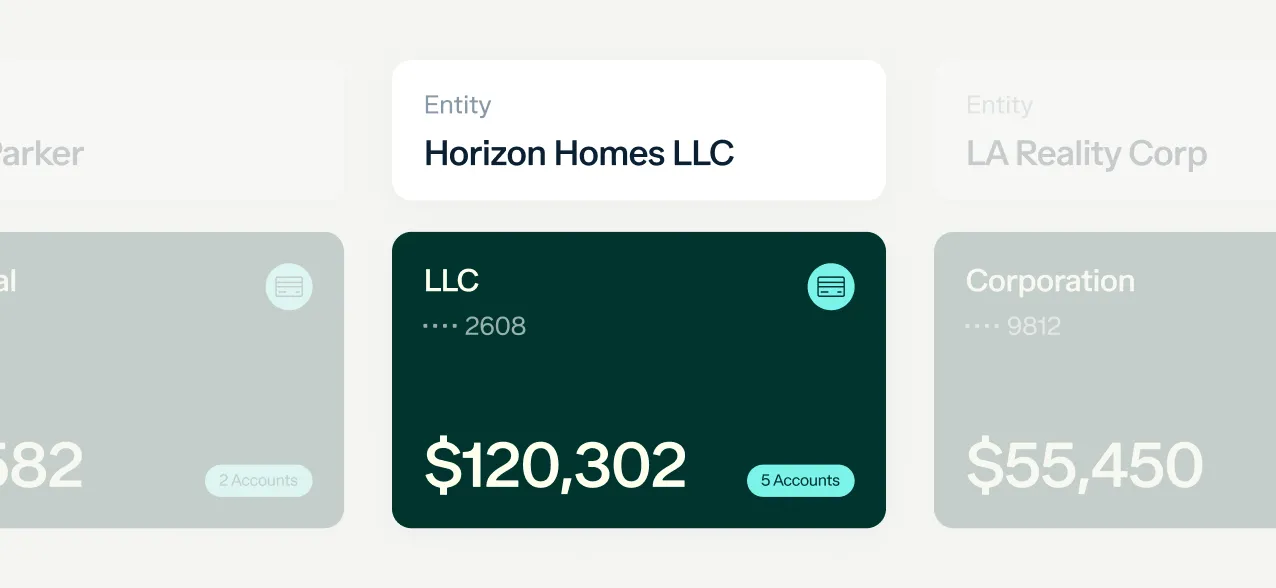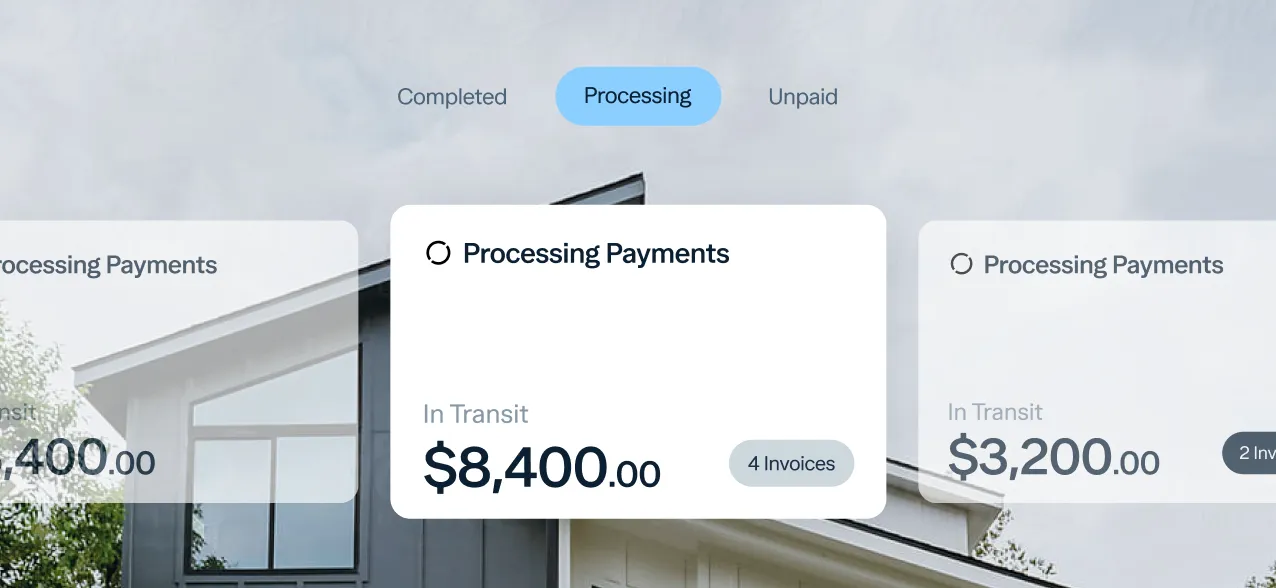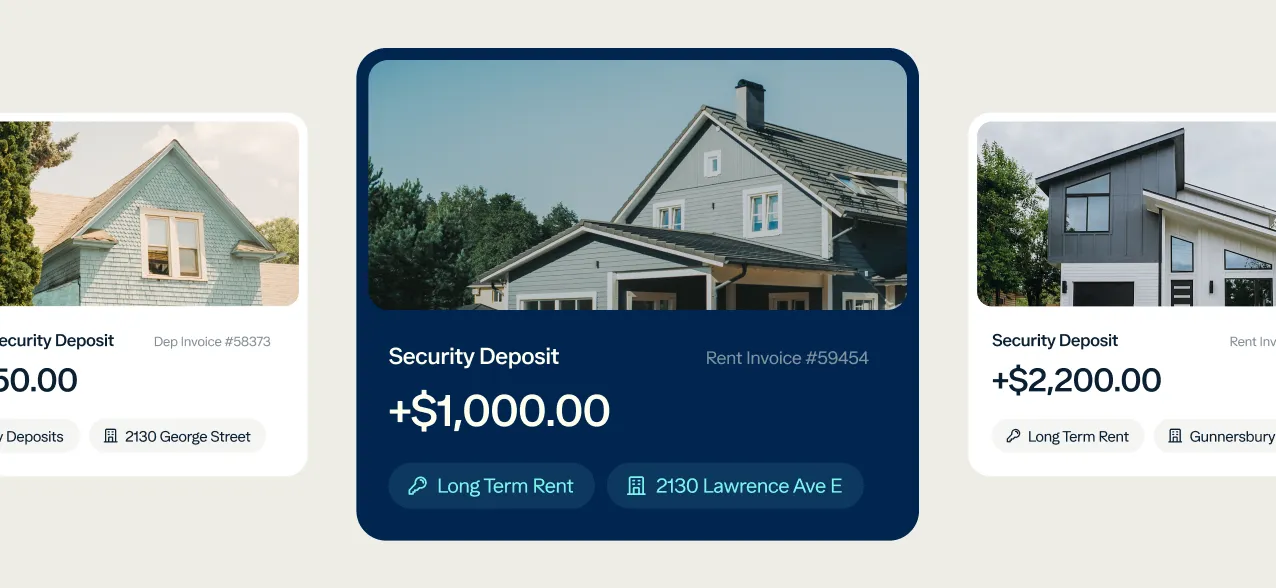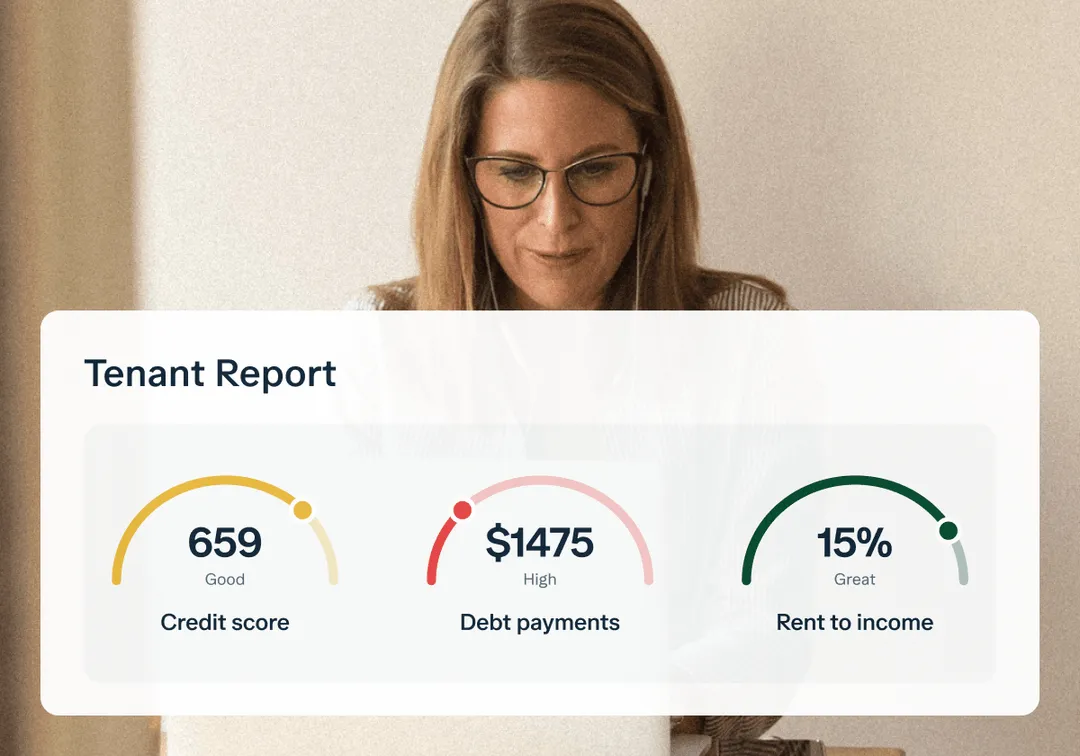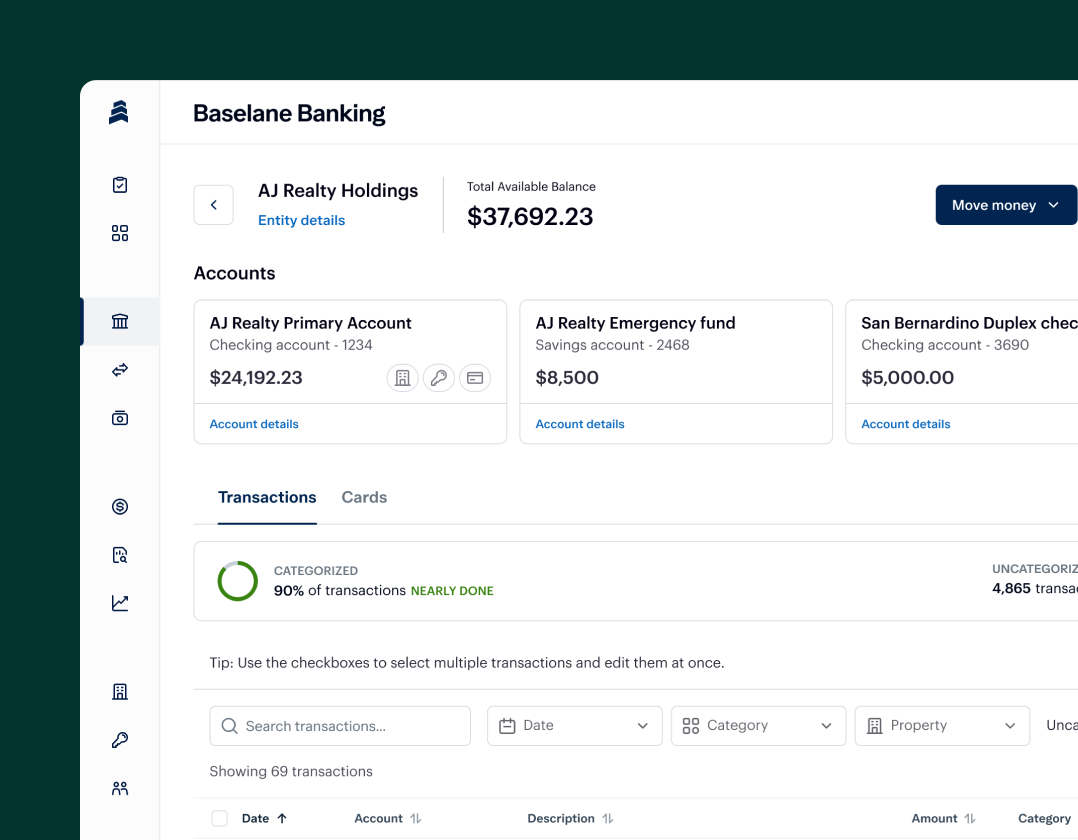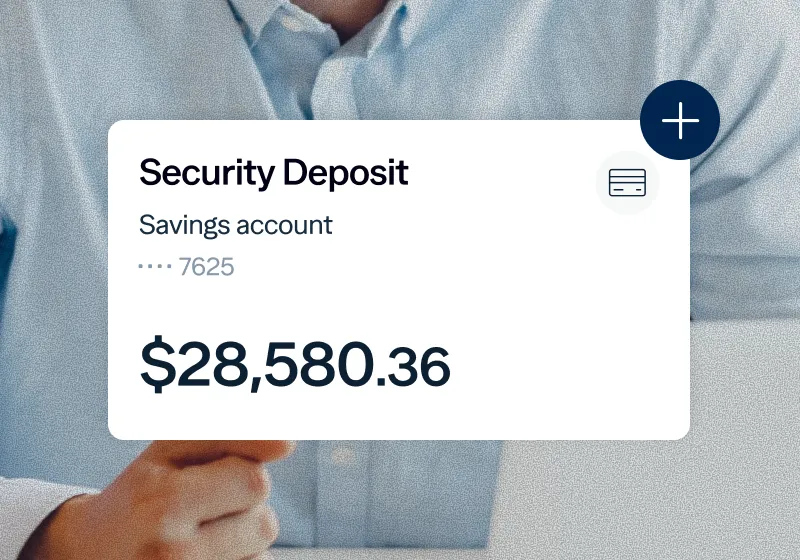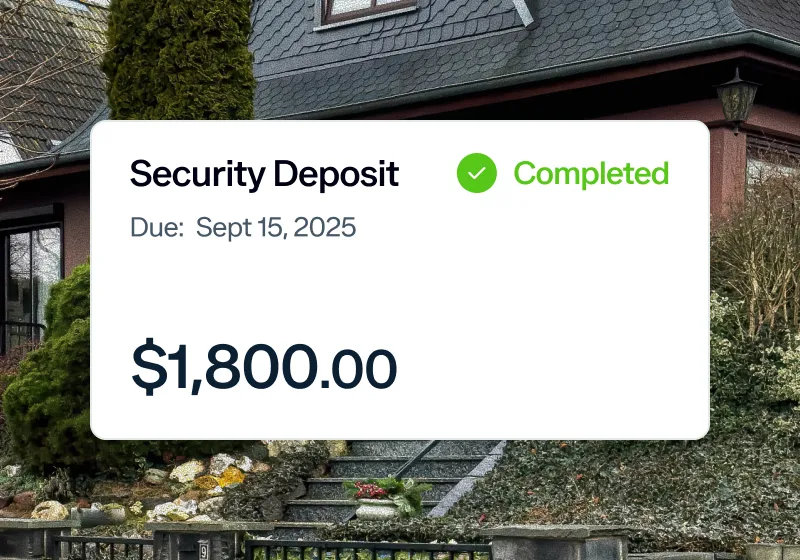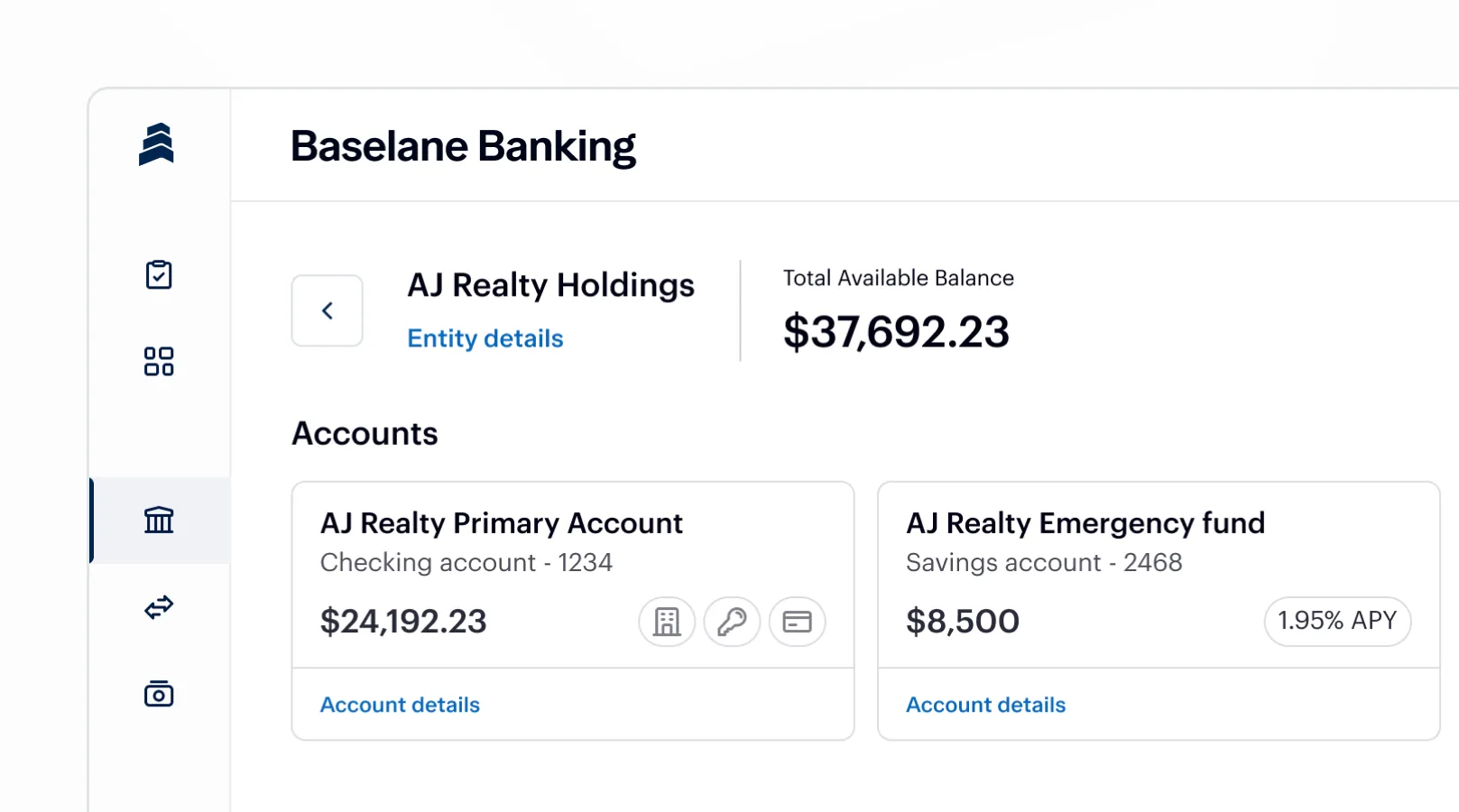The amount of a security deposit in California depends on the type of rental unit. For unfurnished residential units, the maximum security deposit a landlord can charge is the equivalent of two months' rent. For furnished units, the maximum is three months' rent. However, landlords of single-family homes and condos can charge any amount as a security deposit. It is important to note that a landlord may deduct certain expenses from the security deposit, such as unpaid rent or the cost of repairing damages beyond normal wear and tear.
Security deposit rules in {{ state }}
Limit: In California, landlords may collect a tenant security deposit equal to up to two months’ rent for unfurnished units and up to three months’ rent for furnished units. As of July 1, 2024, under SB 567, most landlords are limited to one month’s rent regardless of furnishing, except for certain small property owners. The tenant deposit must be clearly stated in the lease agreement before move-in and held properly in a security deposit bank account in California to ensure compliance with state law.
Return Deadline: The landlord must return the tenant security deposit within 21 days after the tenant vacates the property. Along with the refund, the landlord must provide an itemized list of deductions and receipts for any work performed. If the landlord fails to return the tenant deposit or provide the statement within this period, they may forfeit the right to withhold any amount and could be liable for additional penalties.
Acceptable Deductions: Landlords may deduct unpaid rent, late fees, damages beyond normal wear and tear, and reasonable cleaning costs necessary to restore the property to move-in condition. All deductions from the tenant security deposit must be documented and shared with the tenant.
Where to Deposit: California does not require landlords to hold funds in an interest-bearing account or security deposit escrow account in California, but maintaining them in a landlord tenant security deposit bank account in California is strongly recommended for transparency and proper accounting. While there is no set security deposit interest rate, some local jurisdictions such as San Francisco, Los Angeles, and Berkeley require landlords to pay annual interest on tenant deposits. Holding funds in a dedicated bank account ensures compliance with California’s rental laws and protects both landlords and tenants.
